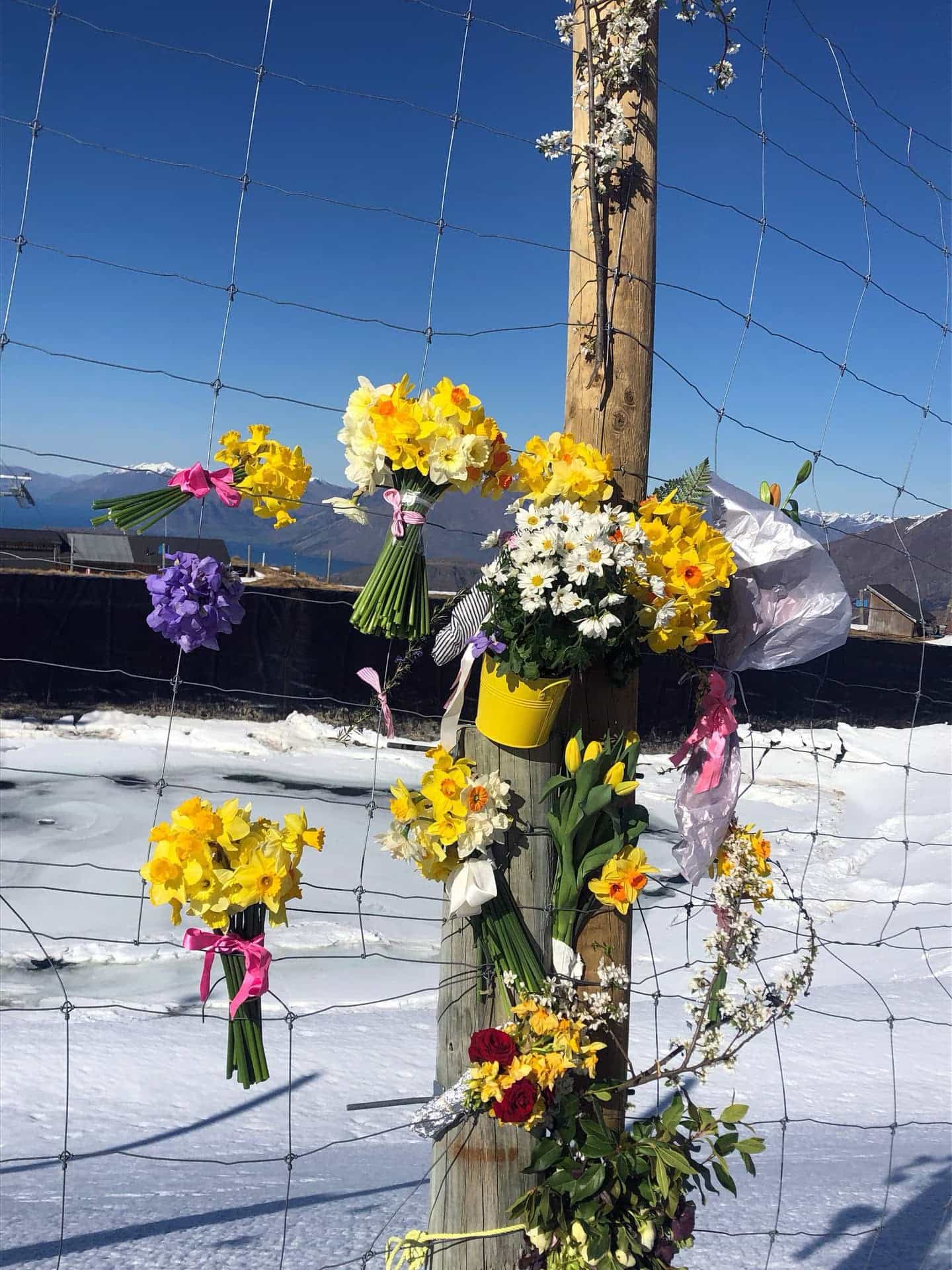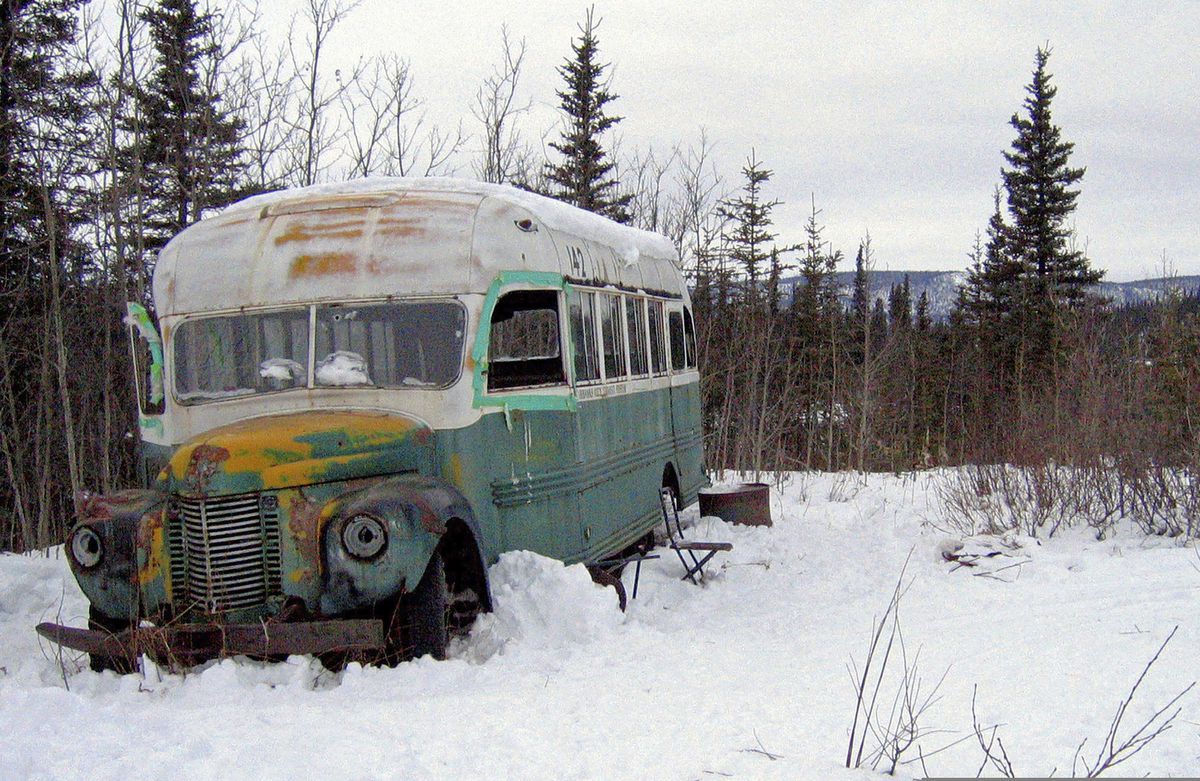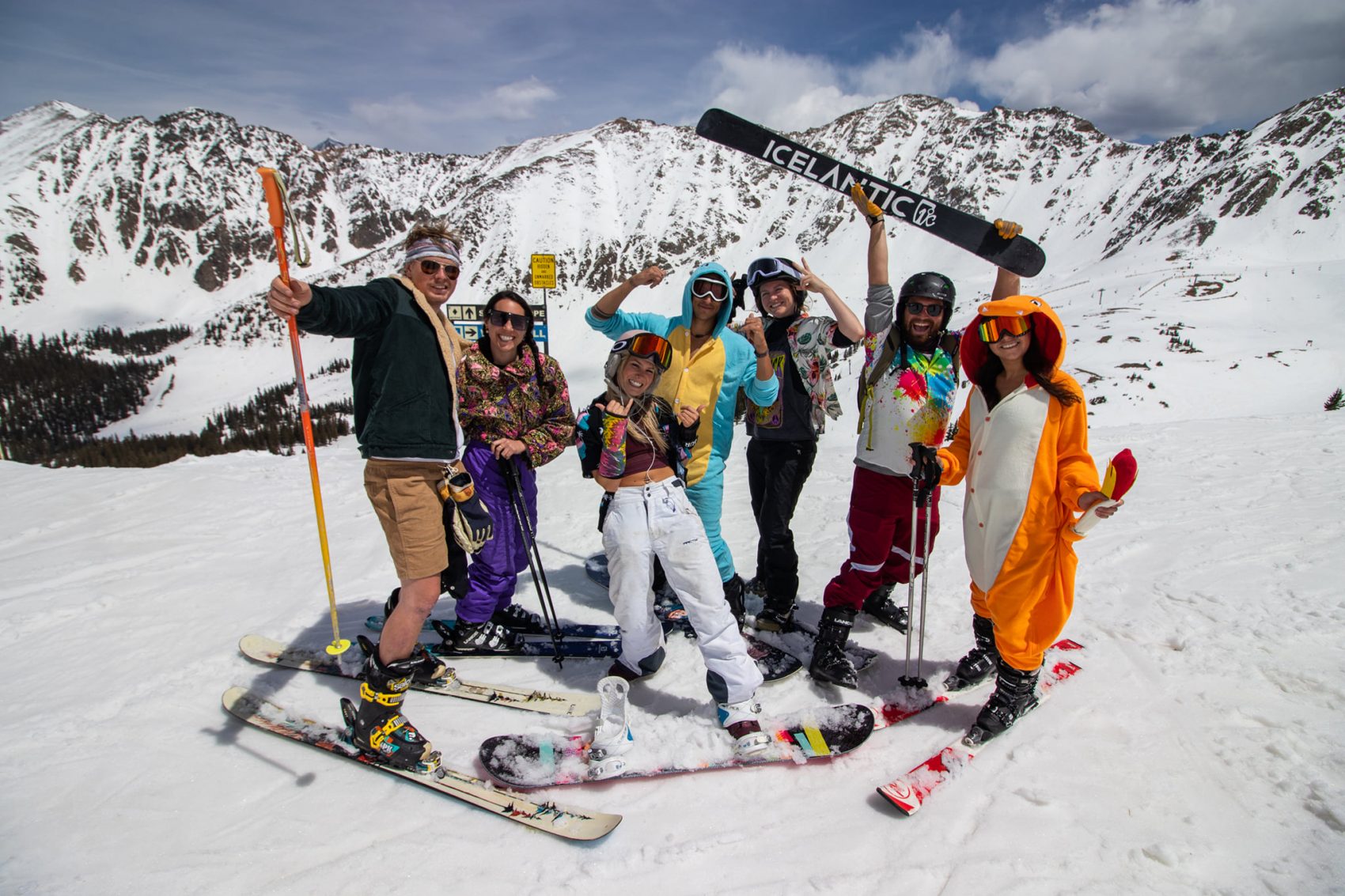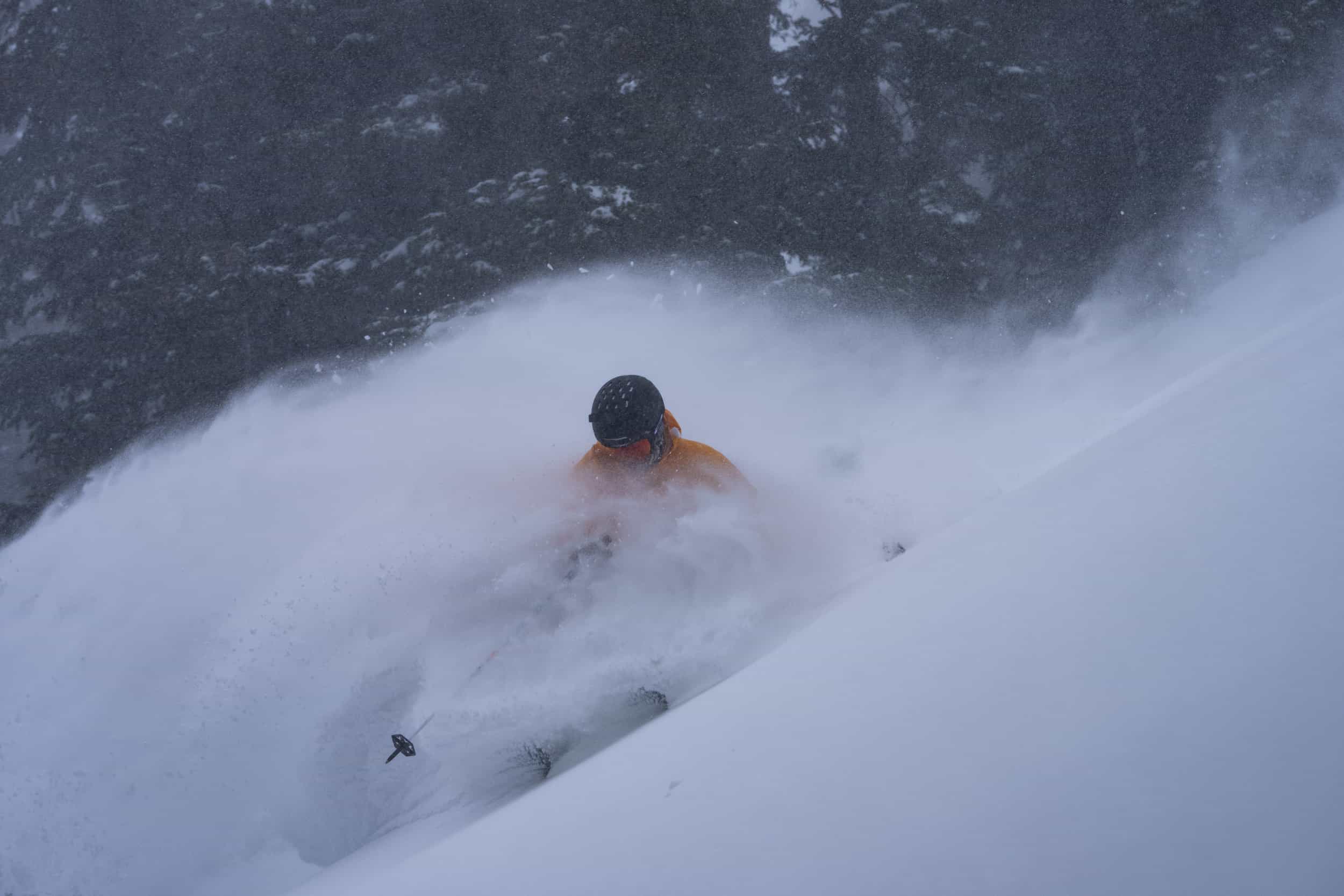
NZSki, the operator of Coronet Peak Ski Area in New Zealand, has been fined $600,000 NZD ($362,000 USD) following the tragic death of skier Anita Graf in 2019. The maximum fine possible was $1.5 million.
The company has been fined $440,000, and must pay emotional harm reparation of $130,000 to the victim’s family, and prosecution costs of $28,000.
NZSki was found guilty in August 2023 of health and safety violations. According to a report by the New Zealand Herald, Graf tragically lost her life after colliding with an unpadded wooden fence post that guarded a reservoir at the base of Sugar’s Run at Coronet Peak on the morning of September 21, 2019. The cause of her death was determined to be blunt force and cardiac trauma, as cited by the report.

A New Zealand judge overseeing the case ruled that NZSki had exposed Graf to a risk of death or serious injury by failing to adequately assess the risks associated with the fence. The company, which also owns The Remarkables and Mt Hutt ski areas in New Zealand, was convicted on the charge, arguing that a “safety catch net fencing” should have been installed along the entire length of the fence at the bottom of the run. The conviction carries a maximum penalty of $1.5 million, as reported by the New Zealand Herald.
The company had been warned about the fence’s risks in a 2014 by a ski patroller, but failed to carry out a “proper, documented risk assessment, reports Guy Williams for the New Zealand Herald. 28 of the resort’s fence posts were deemed “very likely to be skied into at high speed”. Only nine of these posts were padded at the time of Graf’s death.
Coronet Peak Ski Area owner NZSki’s recent guilty verdict for health and safety failures underscores the legal risks faced by ski resorts in New Zealand. In contrast, ski resorts in the United States often contend with a different legal landscape. While accidents can and do happen at U.S. ski resorts, there exists a legal doctrine known as “inherent risk” or “assumption of risk.” This doctrine implies that participants willingly accept certain inherent dangers associated with skiing and snowboarding. As a result, ski resorts in the U.S. might have a more robust defense against legal actions stemming from accidents. Nevertheless, both New Zealand and the U.S. strive to balance safety protocols and guest experiences in their respective ski industries.





